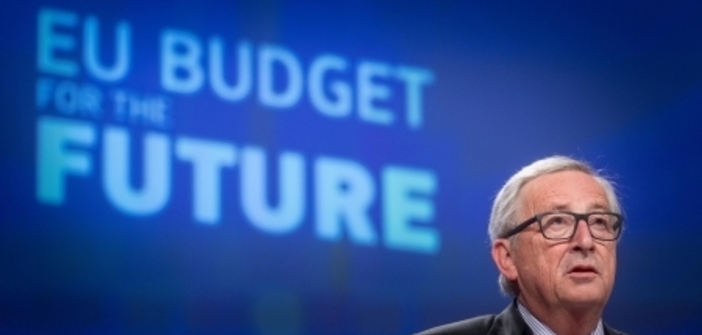The European Union must negotiate its long-term budget this year. This is usually a perilous exercise, but it is expected to be even more challenging with the budgetary gap caused by Brexit. According to the European Commission, the budget shortfall will amount to some 13 billion euros per year.
The next budgetary period will begin in 2021 and extend until 2027. And the battle promises to be tough.
As early as January, the President of the European Council, Charles Michel, will initiate a series of consultations with member states to understand the differences in their positions and work towards developing a compromise acceptable for all 27 countries. This will be no easy task.
Charles Michel has reached out to the co-rapporteurs responsible for the file in Parliament and intends to collaborate with them to ensure that the compromise reached at the Council is also acceptable to European legislators.
In 2018, the European Commission presented a project stating that the long-term budget would reach 1.1% of gross national product (GNP).
The departure of the United Kingdom and the decision by leaders to include priority policies, such as better migration management, increased investments in research and innovation, strengthening European defense and security systems, and continuing the fight against climate change, have resulted in significant cuts to the cohesion policy (7%) and the common agricultural policy (5%).
Frugal Advocates vs. Cohesion Defenders
Currently, both the amount to be allocated to the roadmap and the manner of distributing the funds are dividing member states.
The five “frugal advocates,” namely Austria, Germany, the Netherlands, Sweden, and Denmark, are advocating for a budget limited to 1% of GNP within an EU reduced by the UK’s departure. However, these five states also want to invest in new priorities, at the expense of traditional sectors.
In the other camp, the “cohesion defenders” include Spain, Portugal, Greece, Bulgaria, Croatia, Cyprus, the Czech Republic, Estonia, Hungary, Latvia, Lithuania, Malta, Poland, Romania, Slovakia, and Slovenia. They want funding for the cohesion policy to remain intact and therefore demand a more ambitious budget.
Some of these countries even believe that the Commission’s proposal is insufficient for the EU to achieve its goals. As for Parliament, which has repeatedly called for a budget of 1.3% of GNP, it seems to share this view.
One of its main objectives is the just transition mechanism it intends to establish to support regions lagging in their transition to a climate-neutral economy. This includes the creation of a “Just Transition Fund.”
The Commission will unveil the project’s details on January 14, but it has already announced that it intends to allocate up to 100 billion euros to it. It has also specified that the Transition Fund will fall under the cohesion policy and will mobilize resources from the European Regional Development Fund and the European Social Fund.
Another question mark concerning the multiannual financial framework is the implementation of the budgetary instrument for competitiveness and convergence for the eurozone, whose details still need to be finalized by member states.
According to the proposal made by the Finnish presidency of the Council, which ended in December, it could reach 12.9 billion euros.
This is far from the 1% of the eurozone GDP envisioned by France, although member states could add additional funds outside the MFF.


